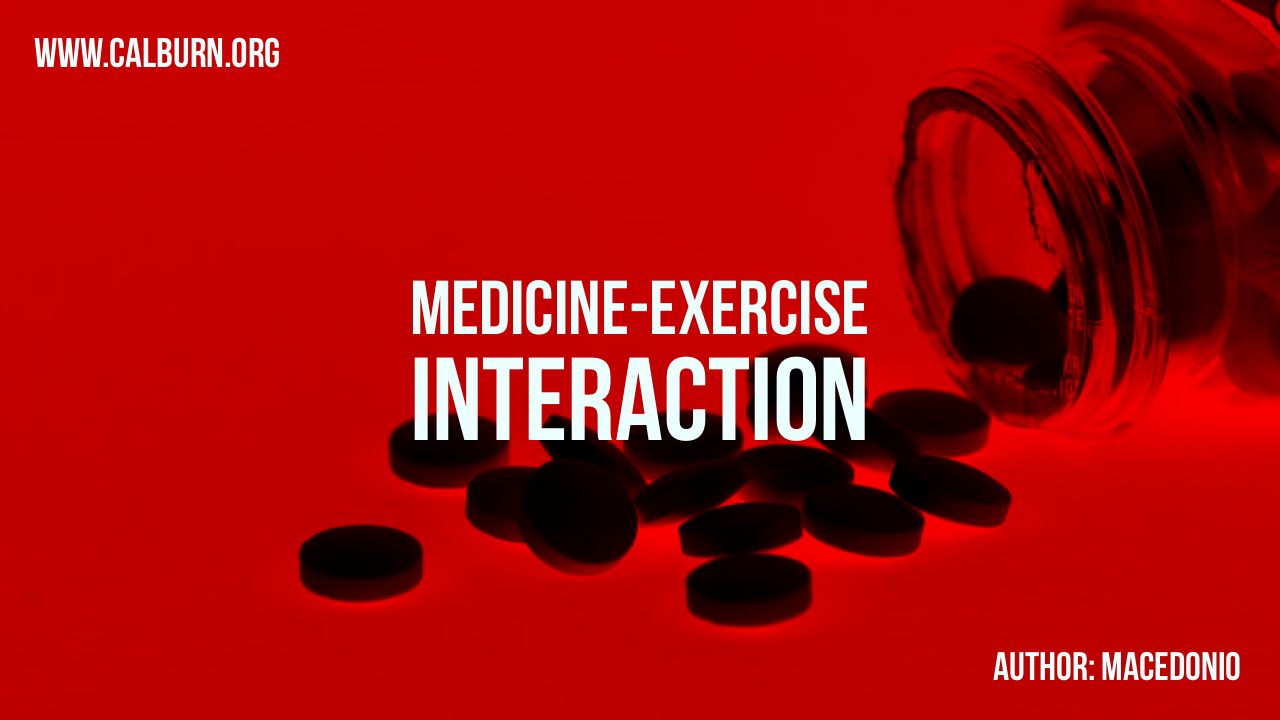During exercise, several complex biochemical reactions occur in our body, and we are incapable to alter the whole process to our liking. However, we can take advantage of the interactions between exercise and medicines.
Different types of physical activity stimulate physiological processes in slightly different ways. Most medicine work by blocking or enhancing specific processes resulting in desired or undesired effects.
Medicine-exercise interactions are determined by the blocked or stimulated processes common to both medicine and exercise. Thus, to understand the effect medicine has on exercise one must know both the biochemistry and the physiology of the exercise and the medicine. The challenge is to use these deferring effects to the person’s advantage.
One paradox of exercise medication interaction is that disease can alter physiologic action so that a drug can have opposite effects on exercise capacity when used in some combination, or different disease states. Beta-blockers (high blood pressure medicine) is the most thoroughly studied drugs concerning exercise and provide a good example of paradoxical effects.
In individuals with high blood pressure, beta-blockers typically reduce exercise capacity. However, in individuals with congestive heart failure beta-blockers can increase exercise capacity.
The Angiotensin-converting enzyme (ACE) inhibitors provide another example of a paradoxical effect. In persons with high blood pressure, ACE inhibitors do not affect exercise capacity; but in those with congestive heart failure, ACE inhibitors usually increase exercise capacity. As a fitness coach, this information is a treasure. I utilize such evidence to enhance my clients’ exercise prescription.
The beta-blocker example shows that drug therapy can help the person’s disease but reduce exercise capacity. These examples show that the effect on exercise capacity is inherent not in the drug but rather in how the drug interacts with the biochemistry of exercise.
Most people with chronic diseases or disabilities take prescribed medications to treat their medical problems, and rightly so. Only a few engage in a structured physical exercise program to enhance their health. However, only a handful use the available scientific evidence to their advantage. Understanding the effects medications have on exercise performance is uncomplicated if one considers exercise itself as medicine.
Exercise is medicine – palliative and curative. Use it if you want to enhance your life.
Reference
Exercise Management for Persons With Chronic Diseases and Disabilities. J. Larry Durstine Et al. American College of Sports Medicine
